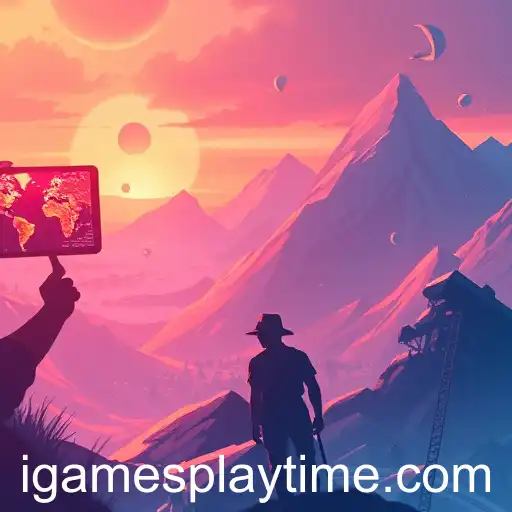
Exploring how the gaming landscape adapts with increased playtime and what it means for players and developers.
In recent years, the gaming industry has witnessed remarkable changes, driven chiefly by an increase in games playtime among enthusiasts worldwide. As digital realms become increasingly immersive, players are investing more hours in virtual worlds. This trend has not only influenced player engagement but also shaped the strategies adopted by game developers.
With the arrival of highly anticipated titles and the ever-growing library of online games, the lure of expansive digital universes remains undeniable. Innovations in technology have allowed developers to craft richer narratives and stunning visuals, captivating players for extended sessions. The dynamics of competitive gaming have further fueled this surge, with esports now a mainstream form of entertainment. The competitive scene offers players incentives to enhance their skills and dedicate more time, fostering a new generation of professional gamers.
This increase in playtime is not without its implications. Discussions surrounding the balance between gaming and real-life responsibilities are gaining traction. Educational institutions and psychologists emphasize the importance of monitoring gaming habits to prevent potential negative impacts like addiction. However, they also acknowledge the cognitive and social benefits gaming can offer when consumed in moderation.
As the industry thrives, game developers are keenly aware of the need to create content that resonates with players. Many studios are embracing feedback to refine gameplay experiences and foster community-driven approaches. These practices underline a broader push toward sustainable engagement strategies, ensuring players remain loyal while moderating their interactions.
The continuous discourse around games playtime reflects a broader cultural shift regarding digital consumption. It hints at a future where games are not only a pastime but also essential social platforms. The yearly advancements in gaming technology and the steady rise in player numbers suggest that the cultural significance of games will only continue to grow.




